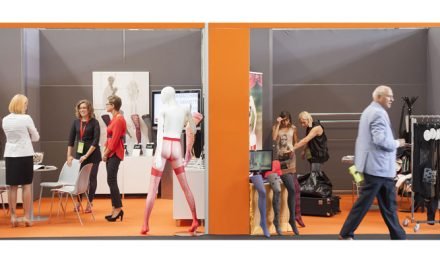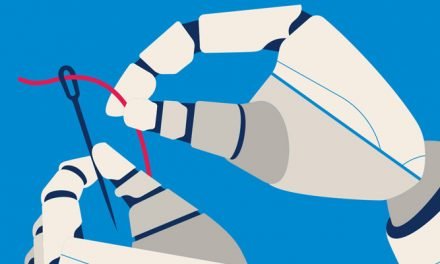 Spinnova, has begun construction of its spinning plant, a move which will enhance the Finnish sustainable fibre producer’s ability to carry out product development projects with its brand partners.
Spinnova, has begun construction of its spinning plant, a move which will enhance the Finnish sustainable fibre producer’s ability to carry out product development projects with its brand partners.
Construction on the new R&D spinning facility is set to begin in June and should be operational by Spring 2023. Costs of building the 2,000 square meter spinning facility are in the region of 4 mn euro, and Spinnova estimates that the share of machinery and equipment investments is some 2.2 mn euro.
Spinnova’s proprietary manufacturing technology produces textile fibre out of wood or waste, including leather, textile and food, without the use of harmful chemicals. Also minimising CO2 emissions and water use, the process has attracted interest from leading industry names including H&M, Bestseller, The North Face and Adidas.
Spinnova’s CEO Janne Poranen, said that the in-house, local spinning facility will streamline the bigger scale R&D processes that come with Spinnova’s commercial phase, and enable a fast turnaround of product development projects with multiple brand partners. The spinning facility produces yarns out of Spinnova fibre, used in product development projects between Spinnova and its brand partners.
“Local support has been invaluably important to us, and everything has worked out well and very fast with the city ever since we started exploring the possibility of building our first commercial factory in Jyväskylä,” said Poranen. “The factory is now being built on schedule, and the spinning line project is in full steam before the ink on the agreements has dried.”
Spinnova has chosen Switzerland-based Rieter as the technology supplier for the new spinning facility. In its pre-commercial stage, Spinnova has collaborated closely with Rieter and several other spinning partners on yarn development for quite some time. Spinnova also has international yarn specialists in its own team. Spinnova estimates that the spinning facility will initially employ some ten people.
Rieter says its system is about 20 percent more energy efficient than lines made up of machines from different suppliers, further helping to keep Spinnova’s carbon emissions low.
“Thanks to the spinning line, we can offer our brand partners fibre, yarn or fabric depending on their needs, in line with our strategy,” Poranen added.





















